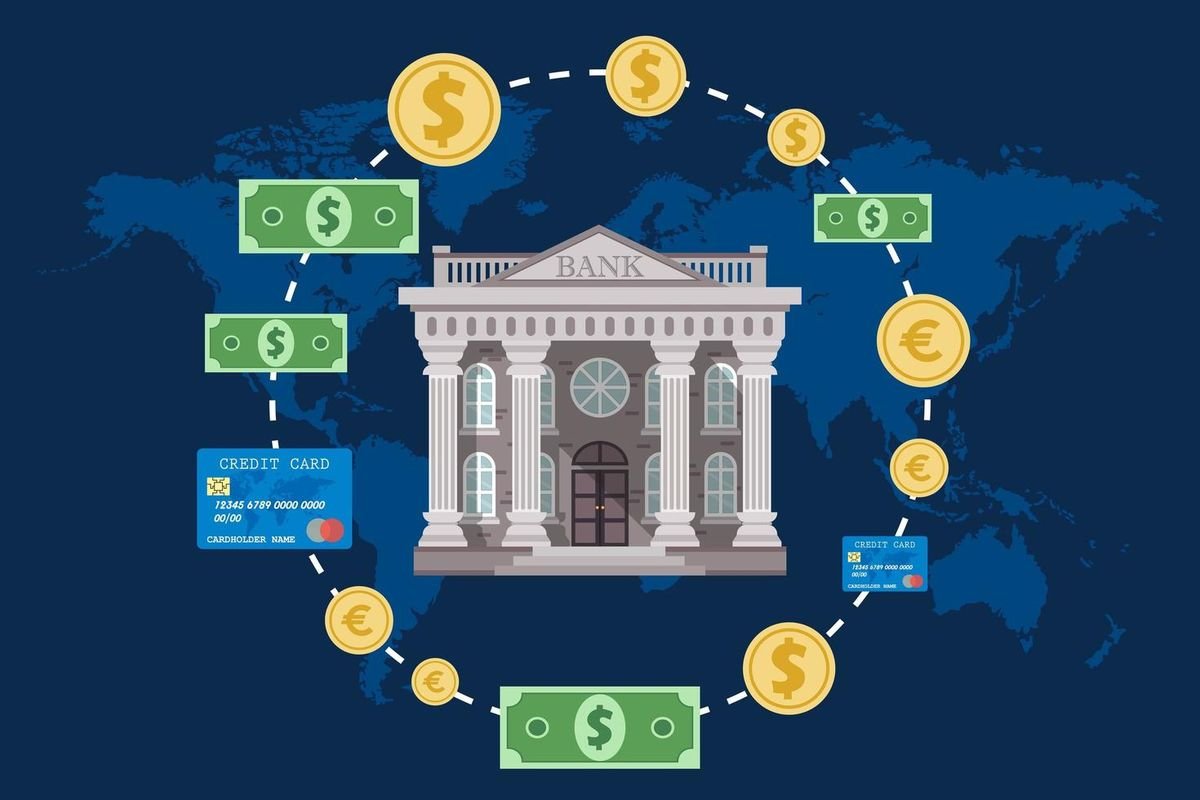Relocating abroad is a dream for many,whether it’s chasing better weather, new business opportunities, or a more fulfilling social life. But there’s one boring, unglamorous detail that can quietly ruin your expat experience if you get it wrong: banking.
If you’ve ever tried to open an account overseas, send money back home, or withdraw cash without losing half of it to fees, you already know this: not all banks are built for global living.
In this guide, we’ll break down what expats should look for in a bank account, and highlight the top options that actually make living abroad easier,not harder.
Why Your Banking Choice Matters Abroad
When you’re moving across borders, banking is no longer just about “where your salary goes.” The right account can:
- Eliminate costly currency conversion fees when sending or receiving money.
- Give you global ATM access without ridiculous withdrawal charges.
- Protect your assets through multi-currency support and safer jurisdictions.
- Streamline tax compliance if you have income in multiple countries.
- Provide online and mobile access so you can manage money without visiting a branch in person.
- Bad banking, on the other hand, means delayed transfers, frozen accounts, and “foreign transaction” fees that eat into your budget every single month.
Features Every Expat Bank Account Should Have Before picking an account, make sure it offers:
- Multi-Currency Support – So you can hold and spend in USD, EUR, GBP, or local currencies without constant conversion.
- Low or Zero International Fees – Including ATM withdrawals, card payments, and SWIFT transfers.
- Strong Online Banking – Reliable apps and web portals are essential when you can’t just walk into a branch.
- Global Debit or Credit Cards – Accepted widely, preferably with contactless and virtual card options for safety.
- Customer Support Across Time Zones – Nothing worse than being locked out of your account at midnight in a different country.
Top Banking Options for Expats in 2025
Here are some of the most expat-friendly accounts that combine global access, low fees, and solid digital infrastructure.
1. Wise Multi-Currency Account (Fintech Option)
- Best for: Frequent travelers and freelancers.
- Why it’s great: Hold 50+ currencies, get local account details in multiple countries, send money internationally with low transparent fees.
- Extra perk: Wise debit card lets you spend directly from any currency balance at the real exchange rate.
2. HSBC Expat (Traditional Banking Option)
- Best for: Professionals with significant income or investments.
- Why it’s great: Offers multi-currency accounts, offshore asset protection, and priority service for expats in over 30 countries.
- Extra perk: Global View & Global Transfers feature,link and move funds between HSBC accounts instantly worldwide.
3. Revolut Premium / Metal (Digital-First Option)
- Best for: Digital nomads who want a “bank-in-your-pocket.”
- Why it’s great: Multi-currency holding, no FX fees up to a limit, budgeting tools, and cryptocurrency access for those interested.
- Extra perk: Disposable virtual cards for safer online shopping abroad.
4. Charles Schwab High Yield Investor Checking (For Americans Abroad)
- Best for: U.S. expats who still need USD-based banking.
- Why it’s great: Unlimited global ATM fee reimbursements, no foreign transaction fees, excellent customer service.
- Extra perk: Links directly to Schwab brokerage accounts for investments.
5. Citi International Personal Bank (Premium Option)
- Best for: High-net-worth expats who want elite banking services.
- Why it’s great: Multi-currency accounts, wealth management, and global reach in 160+ countries.
- Extra perk: Dedicated relationship managers for complex financial setups.
Pro Tips for Managing Your Expat Finances
- Keep at least two accounts – one in your home country and one in your host country (or offshore) for safety.
- Have backup payment methods – at least two debit/credit cards from different issuers.
- Understand local banking rules – some countries require proof of address, work permits, or tax residency before opening accounts.
- Monitor exchange rates – using tools like XE or CurrencyFair to time large transfers.
- Stay compliant with taxes – especially if your country taxes worldwide income.
Final Word
Banking for expats isn’t just about “having a place to put your money.” It’s about mobility, efficiency, and financial safety when living life beyond one passport.
Whether you go the fintech route with Wise or Revolut, stick with traditional international banks like HSBC, or opt for a premium wealth solution, the right account will make your transition smoother and your global life less stressful.
Your freedom abroad depends not only on where you live,but also on how easily you can access, move, and protect your money anywhere in the world.













